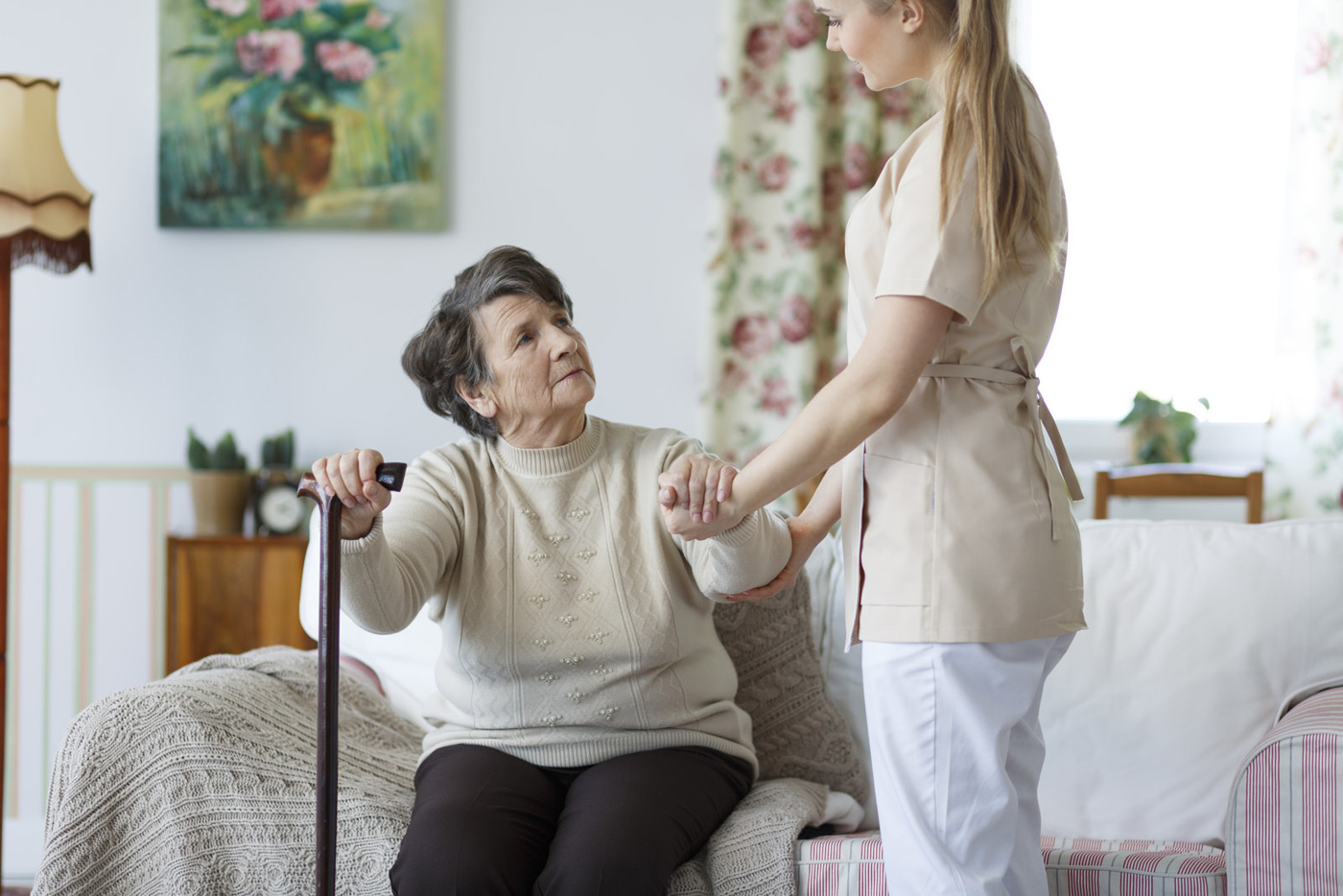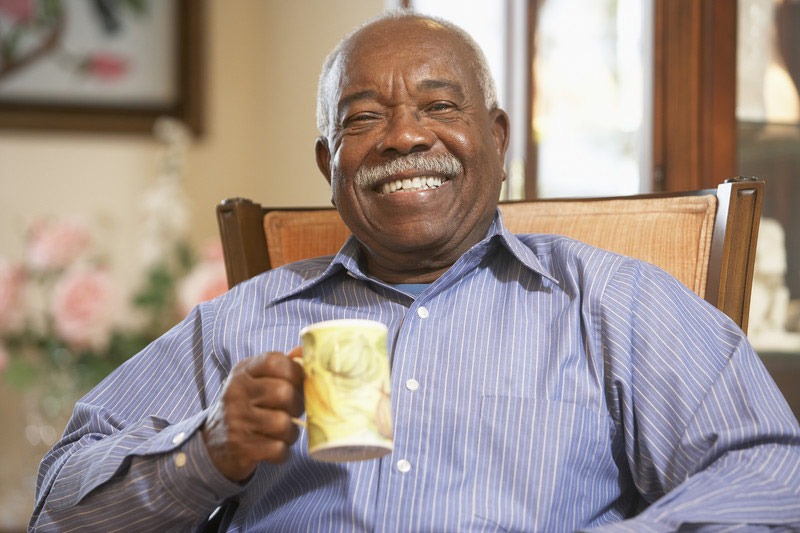There are many benefits of physical therapy for seniors and older adults. It can help to provide a safe environment for your senior and help to condition, strengthen and improve balance. Overall, mobility will improve and the goal of maintaining an extended time of independence is obtained.
Services
A patients condition will be evaluated by studying medical records, physician recommendations, and test results prior to the development of a physical therapy program for the patient.
Based on the results of the testing, massage therapy, traction, and heat or water may be used to help improve a patient’s comfort as well as to expedite recovery. The type of injury will dictate the patients program. The therapist will develop, train and help the patient to execute exercises that are designed to:
- Improve range of motion
- Strengthen muscles
- Increase coordination and endurance
- Elevate motor skills
- Other physical results to support healing
Physical Therapy is often a main focus when a patient enters a Rehabilitation Facility- specifically from suffering from a home accident or if mobility issues exist. It can then continue to be administered in the comfort of a senior’s home once they are released.
Specialization
Most Physical Therapists receive at least two years of intensive training and education before becoming licensed. Education and licensing requirements will vary by state. Continued education and on-going training regarding new and advanced surgical and recovery developments is required.
Specialized training is received under the direction of a physician. In many cases, Physical Therapists can do extensive work and focus on prevention from falls, and can work with a patient in their home to help structure the home environment to reduce risks of home accidents.
Preparation
Typically after a surgery is performed, physical therapy is prescribed. Although, surgery is not required for the help of a physical therapist. During the aging process, a variety of aches and pains may be highly reduced by working a program designed by an expert. Work closely with your loved ones doctor to get a referral. Make sure to stay involved to monitor the progress of your loved one.
Evaluation
- What expertise does the physical therapist possess that makes he/she uniquely qualified to treat Mom/Dad’s condition?
- What would be the typical recovery time for my parents particular condition?
- Request information about the physical therapist’s certificates and specialties. How many hours of continuing education is required by the State? How many hours have you performed this year?
- Does the physical therapist subscribe to a “Code of Conduct and Performance?”
- What is the amount of time you have worked in the field?
- Please provide references.
- Finally, if you are Power of Attorney for your parent, you have a right to choose the Physical Therapist that best suits your parent. If a doctor prescribes Physical Therapy for your parent, it’s best to research the company that is best suited to working with your parent.
Physical Therapy Radio Show Segments
- Skilled Nursing
Beth Deems at Mission Health Care discusses the topic of Skilled Nursing. Once your parent has moved to skilled nursing, you may wonder what exactly that entails and why it is preferable to outpatient or in-home rehabilitation. Skilled nursing is focused on getting your loved one back to their prior living situation. By having 6 days of therapy a week (instead of 2 days, like in-home or outpatient), the patient progresses faster and returns to more independent living.
- Continuum of Care
Beth Deems at Mission Health Care discusses the continuum of senior care. Seniors want to stay in their home as long as possible, and we want to encourage that. But there comes a time when the family starts to get concerned. You always want to do right by your parents. When you are at that crossroads, here are the considerations that a family should look at.
- Fall Prevention with Beth Deems
Beth Deems at Mission Health Care discusses fall prevention, one of the best things we as caregivers can do for our senior parents. And while it may not be possible to prevent all falls, mitigating that risk is so important. One in five falls results in a serious injury, such as broken bone or head injury, according to the Center for Disease Control.














